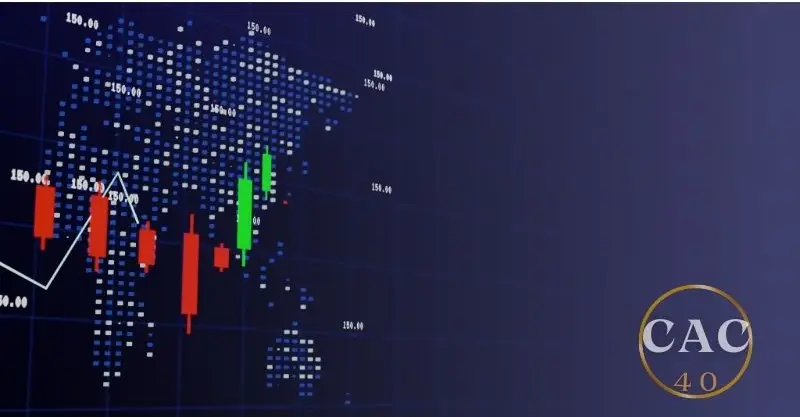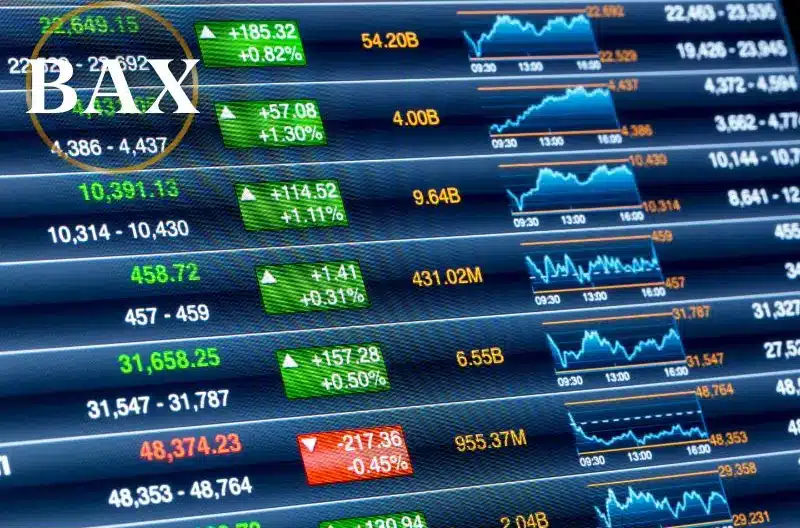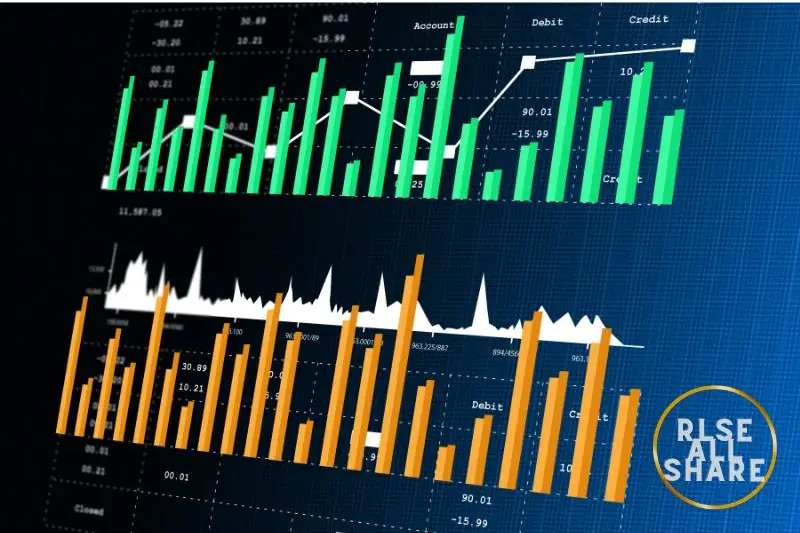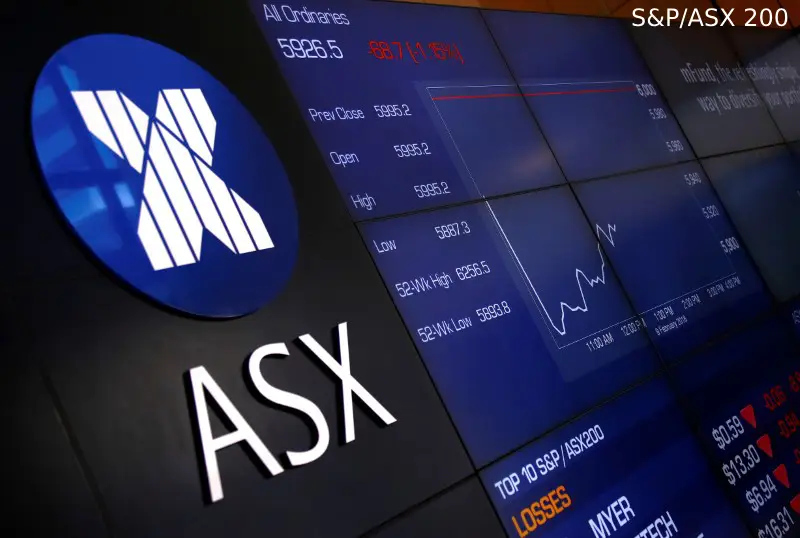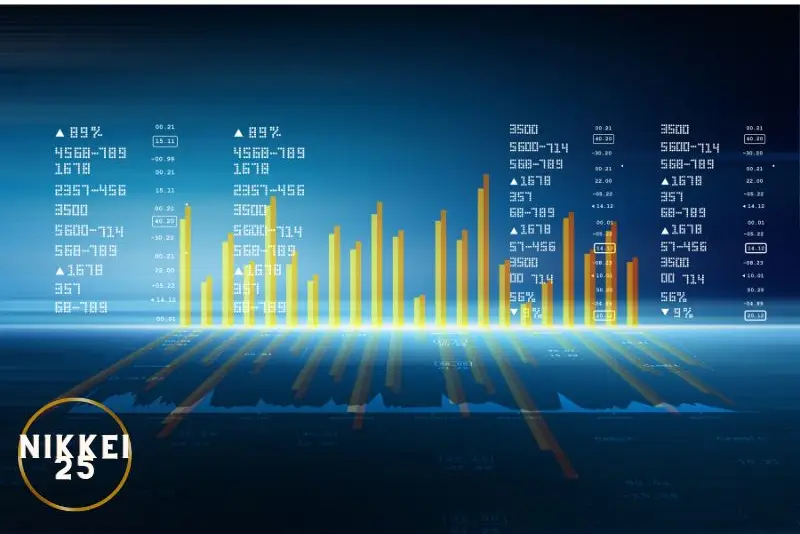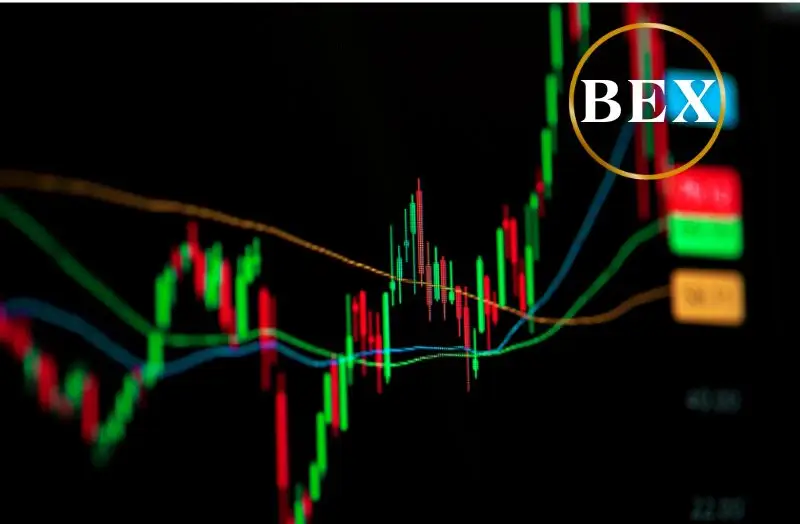Discover the pulse of the Mexican stock market, a key player in the global economy with its diverse range of industries and companies. With its strategic location and strong ties to international markets, Mexico’s stock exchange is a crucial hub for investors looking to diversify their portfolios.
Two major stock indices in Mexico are the IPC (Indice de Precios y Cotizaciones) which tracks the performance of the top 35 companies on the Mexican Stock Exchange, and the FTSE BIVA which includes a broader range of companies listed on both the Mexican Stock Exchange and BIVA (Bolsa Institucional de Valores).
How Does the Stock Market Work in Mexico
The stock market in Mexico operates through the Mexican Stock Exchange (Bolsa Mexicana de Valores, BMV), which is the only stock exchange in the country. It provides a platform for buying and selling shares of publicly traded companies.
To invest in the stock market in Mexico, individuals can open a brokerage account with a licensed broker. Once the account is set up, investors can start buying and selling shares of Mexican companies listed on the BMV.
Some major stocks that generate profit in Mexico include:
- America Movil (AMX) – One of the largest telecommunications companies in Latin America
- Femsa (FEMSA) – A leading beverage and retail company
- Cemex (CEMEX) – A global building materials company
- Grupo Bimbo (BIMBOA) – A multinational bakery product manufacturing company
- Grupo Financiero Banorte (GFNORTE) – A financial services group offering banking and insurance services
Investing in the stock market in Mexico can provide opportunities for capital growth and diversification of investment portfolios. It is important for investors to conduct thorough research on potential investments and consider factors such as economic conditions, industry trends, and company performance before making investment decisions.
What is the benefits of buying stocks in Mexico
Investing in the Mexican stock market can offer several benefits for investors looking to diversify their portfolio and potentially earn higher returns. Here are some key advantages of buying stocks in Mexico:
Diversification: Investing in international markets like Mexico can help spread risk across different regions and industries, reducing overall portfolio volatility.
Growth potential: The Mexican economy has shown steady growth in recent years, offering opportunities for companies listed on the stock exchange to increase their value over time.
Access to emerging markets: Mexico is considered an emerging market with plenty of room for growth, making it an attractive investment destination for those seeking exposure to developing economies.
Tips and takeaways:
– Do your research: Before investing in any stock, make sure to thoroughly research the company, its financials, and the overall economic conditions in Mexico.
– Consider using a local broker: Working with a broker who understands the Mexican stock market can help you navigate any regulatory or cultural differences that may affect your investments.
– Monitor currency exchange rates: Since you’ll be investing in a foreign market, fluctuations in currency exchange rates can impact your returns. Keep an eye on these changes and consider hedging strategies if necessary.
– Stay informed: Regularly follow news and updates about the Mexican economy and stock market to stay ahead of any developments that may affect your investments.
Overall, investing in the Mexican stock market can be a rewarding opportunity for investors looking to expand their portfolios and tap into the country’s potential for growth. By following these tips and staying informed, you can make well-informed decisions when buying stocks in Mexico.
The main stock indices in Mexico
Stock market indices are used to measure the performance of a specific group of stocks in a particular stock market. They provide investors with a quick and easy way to track the overall market or specific sector performance. In Mexico, the most important stock market indices are the IPC (Indice de Precios y Cotizaciones) and the FTSE BIVA.
The IPC is considered the benchmark index for the Mexican Stock Exchange, representing the 35 most liquid and largest companies listed on the exchange. It is weighted by market capitalization, meaning that larger companies have a greater impact on the index’s movements. The FTSE BIVA, on the other hand, is a joint venture between the Mexican Stock Exchange and FTSE Russell, which tracks the performance of all listed companies on both exchanges.
In Mexico, stock market indices are regulated by the National Banking and Securities Commission (CNBV). The CNBV is responsible for overseeing and regulating all aspects of securities trading in Mexico, including monitoring compliance with listing requirements, ensuring transparency in trading activities, and safeguarding investor interests.
Regulation of stock market indices in Mexico also involves collaboration with other regulatory bodies such as the Mexican Stock Exchange (Bolsa Mexicana de Valores) and self-regulatory organizations like SIF ICAP (Securities Industry Fund for Investor Protection). These entities work together to maintain fair and orderly markets, prevent market manipulation, and promote investor confidence.
Overall, understanding how stock market indices are regulated in Mexico can provide investors with confidence in the transparency and integrity of the country’s financial markets. By tracking key indices like the IPC and FTSE BIVA, investors can make informed decisions about their investment strategies based on reliable data provided by these benchmarks.
Recap: The stock market in Mexico
The stock market in Mexico has shown resilience despite various economic challenges over the years. With a diverse range of industries contributing to its performance, including manufacturing, banking, and telecommunications, the Mexican stock market offers investors a variety of opportunities.
Political stability and government policies play a significant role in influencing the stock market in Mexico. Investors closely monitor political developments and reforms to gauge the potential impact on their investments.
Foreign investment also plays a crucial role in the Mexican stock market. As one of the largest economies in Latin America, Mexico attracts foreign investors looking for growth opportunities and diversification.
Overall, the Mexican stock market continues to evolve and adapt to changing economic conditions. With a strong regulatory framework and growing investor confidence, it remains an attractive option for both domestic and international investors looking to capitalize on Mexico’s economic potential.
































